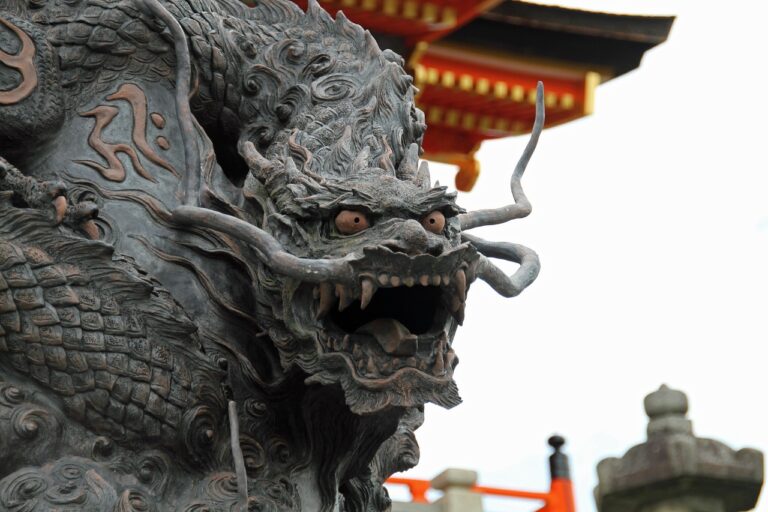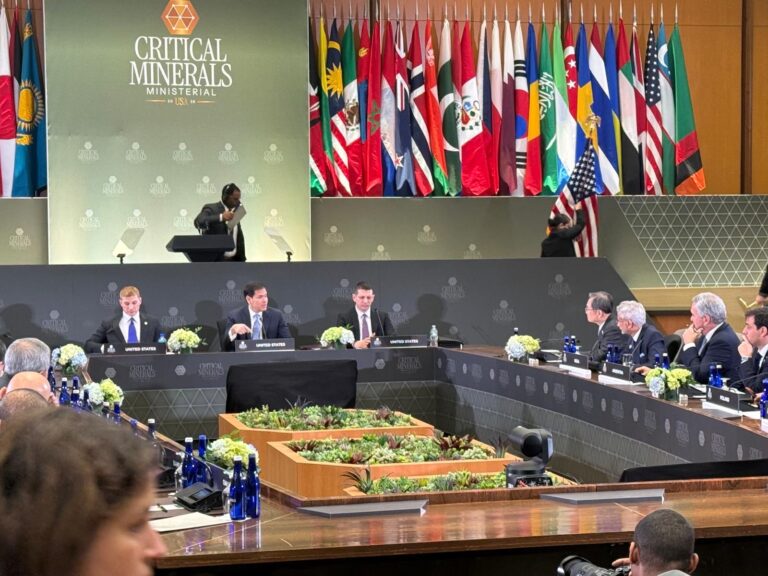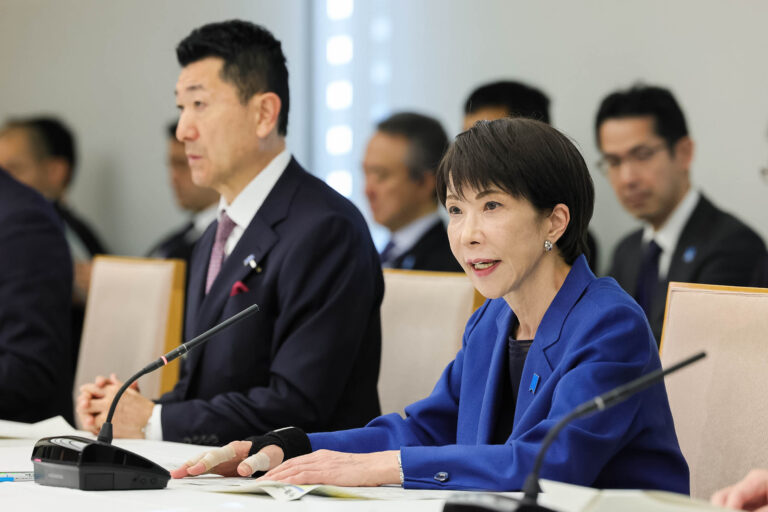
File photo: Gaza Strip
Current Affairs
 By Venkatesh Raghavan
By Venkatesh Raghavan
Israel which is currently occupying the Gaza strip and forcing more Jewish settlements in the territory, defying international pressure, witnessed a fourth instance of polling within a span of two years on March 23, 2021 much to the umbrage of the Jewish electorate.
The current imbroglio that has surfaced nearly a fortnight after Israel had its elections has experts believe that things will get worse for the Palestinians in the times to come. The predictions and analysis are pouring in well before Palestinians get their chance to cast their votes on May 22, 2021.
The problem originates from no party being able to get a clear mandate and incumbent prime minister Benjamin Netanyahu getting stuck with 52 seats, well short of 61 that’s needed for the purpose.
The Middle East crisis centres on working out a two state solution and observers strongly feel that the end is nowhere in sight. Netanyahu-led Likud party, that’s considered to be right of center, is currently short of any supportive allay that can conjure up the numbers.
This is being interpreted in the political echelons as a negative sign for Palestine since none of the players in the poll fray, including the United Arab List (UAL) headed by Mansoor Abbas or for that matter the Left leaning Israeli parties had made any mention in their election manifesto about the cause of Palestinians. Observers see it as a clear signal from within the Israeli electorate a total sense of apathy towards the causes of the Palestinian state.
Though on record, Mansoor Abbas favours a Palestinian state, there was absolutely no mention of the issue during the UAL poll campaign. His focus was on integrating Arab residents with the main stream Jewish population.
Internationally too, the priority for a two state settlement has taken a back seat with the neighbouring nations that include United Arab Emirates, Bahrain and Sudan having signed the Abraham Accord with Israel. This is viewed as a great dilution of the international support in favour of a Palestinian state.
Currently, the hung parliament situation is seen as likely to precipitate a fifth round of elections. This is more of a pro and anti Netanyahu issue and has apparently nothing to do with sympathy for the Israeli left. This does not augur well for the Palestinian settlements in West Bank and the Gaza strip, and there seems a very slim chance of a two state solution emerging.
Meanwhile, the Palestinian poll date is nearing and brings forth its own tidings. The forthcoming elections in Palestine occupied West Bank slated to take place on May 22, 2021 will witness a keen tussle between the militant Hamas cadres and the Fatah group that comprises splintered representative elements. In all, there are 36 lists of candidates who have been nominated to the poll fray.
The fragmented representation of the Fatah group is expected to benefit the poll fortunes of a unified Hamas. Israel however, does not favour a Hamas victory and is likely to discard the poll outcome in such a circumstance. In the prepoll poscenario, there is also contentious claims between the Palestinian groups and Israel over their rights to contest polls on the Gaza strip.
Israel is seen to be in favour of the Fatah group that comes across as a moderate faction that is confined to pursuing issues related to economy and finance by bargaining hard for the betterment of Palestinian livelihoods. Hamas being viewed as a hardliner owing to its territorial claims is now keen to capture the seat of power to press in favour of greater autonomy.
A study of voter preferences indicates that many are concerned about economic issues that will directly have a bearing on their lives. The current situation, though indicative of division of votes within the Fatah stables, is expected to favour Leftist elements and independent candidates who seek to champion for pressing local issues.





